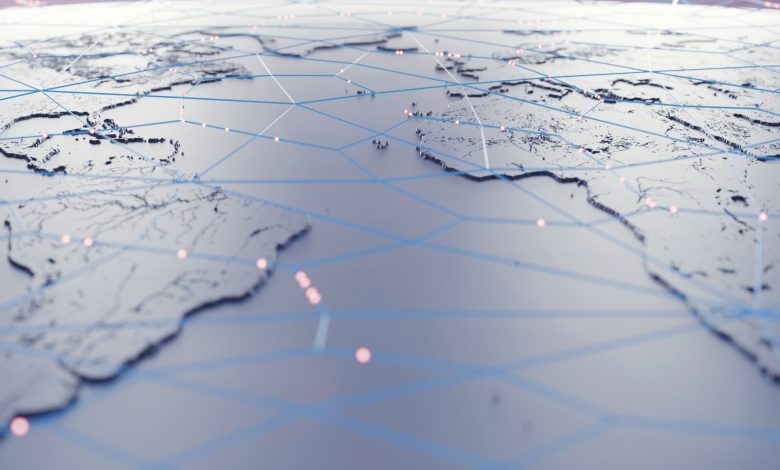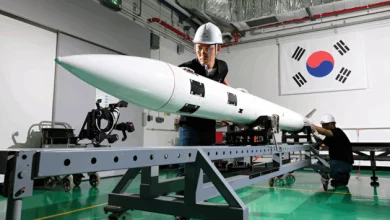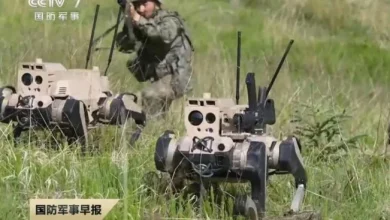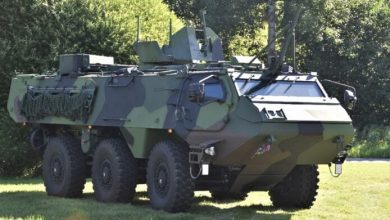Middle Corridor: Bringing continents together and a new future

In today’s geopolitical climate, the ‘Two States, One Nation’ collaboration between Türkiye and Azerbaijan presents a unique opportunity for all Turkic states to work together toward a common goal.
he main topic of the meeting held on Feb. 27 with the theme of “bringing continents together” by the International Transport Forum (ITF), which operates within the Organisation for Economic Co-operation and Development (OECD), was “Azerbaijan’s role in sustainable transportation accessibility between Europe and Asia.”
At the meeting, the presentations and the maps shared by the road, rail and maritime transport experts participating on behalf of Azerbaijan, especially Leyla Abdullayeva, Azerbaijan’s ambassador to France, once again revealed that Türkiye and Azerbaijan are the two indispensable countries of the “Middle Corridor” that will be one of the most critical transport routes of the next 50 years.
The Middle Corridor, which runs from Europe to Kazakhstan, the Caspian Sea, Azerbaijan and Georgia, and from there, via the Black Sea, to Türkiye, is a promising alternative to push export and energy connections.
In today’s geopolitical climate, where the Northern Corridor linking Europe and Asia has been rendered inoperable due to the Russia-Ukraine war, and the South Corridor is hindered by regional disputes and tensions, the “Two States, One Nation” collaboration between Türkiye and Azerbaijan, supported by the Organization of Turkic States (OTS), presents a unique opportunity for all Turkic states to work together toward a common goal. This collaboration will enable the creation of an extensive transportation and logistics network that spans from China to every point in Europe, based on a “win-win” principle that yields significant high-added value. It is important to note that this network is not only limited to connecting Europe and Asia but also Africa. With the increasing pace of the “Emerging Africa” phenomenon, the Middle Corridor will play a vital role in linking Asia and Africa.
Furthermore, with Asia projected to be the world’s most populous continent with 4.9 billion inhabitants in 2100, constituting 44% of the world’s population, and Africa expected to reach 4.4 billion, representing 39% of the world’s population, it is anticipated that these two continents will account for 83% of the world’s population. This indicates that a massive global trade volume of $60 trillion could potentially occur between the two continents.
Hence, the Middle Corridor, with the indispensable roles played by Türkiye and Azerbaijan, is not only a transport and logistics network that will be critical for the next 50 years but could also remain relevant for 75, even 100 years. To achieve this, all countries within the Middle Corridor must establish a robust Customs Digital Infrastructure with complete automation, and production and regional and global trade cooperation should be encouraged. These efforts will increase the national incomes of countries within the corridor. The Middle Corridor can, and should, also play important roles in terms of regional and global food and energy supply security in the medium and long term.
Disaster of the century
At this point, a brand new story has emerged for our earthquake region, which has experienced the “disaster of the century,” a process that will carry the future of our cities to a more ambitious plan. If the cooperation in the Middle Corridor will interlock Asia and Africa, we can create a brand new story for the transport and logistics network, production and trade network between the two big continents from our cities and provinces that experienced earthquake disasters.
We can transform Hatay province and its downtown Antakya district into a thriving agricultural production center that serves two continents and regions. Similarly, Hatay’s Iskenderun district and Mersin can be developed as the maritime logistics center of the region, while Adıyaman and Kahramanmaraş can function as the highway logistics center. Furthermore, we can leverage the industrial production, export and railway logistics capabilities of Gaziantep, Adana and Kahramanmaraş to make them key players in the region.
By building a one-story logistics center with earthquake isolators that make it immune to earthquakes, we can establish the earthquake-prone region as the premier transport and logistics hub for Africa via the Middle Corridor. This project can be jointly undertaken with our brother nation Azerbaijan, and it can help elevate the earthquake zone to a prominent place in the two countries’ history while also generating added value for both nations.





